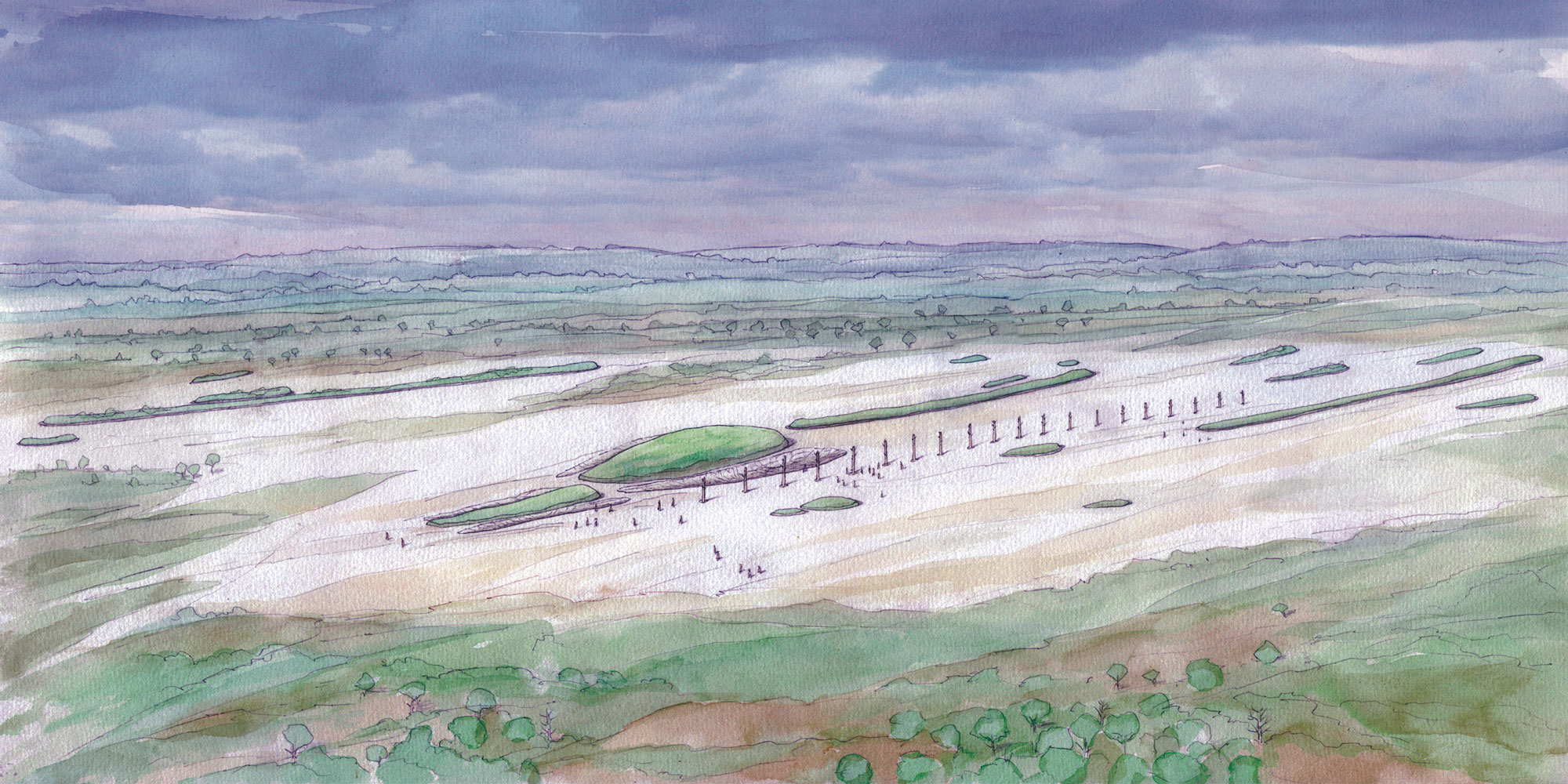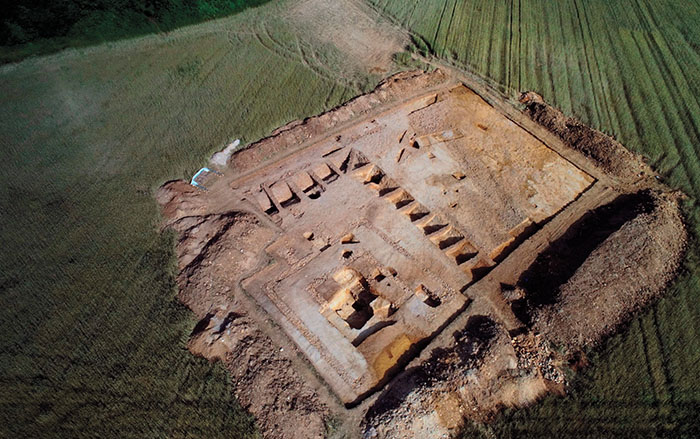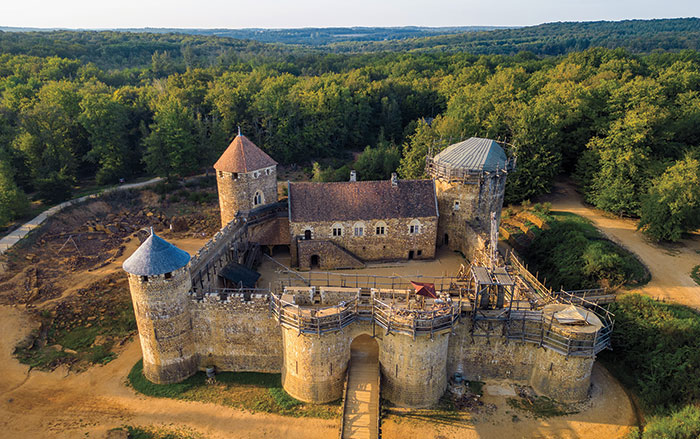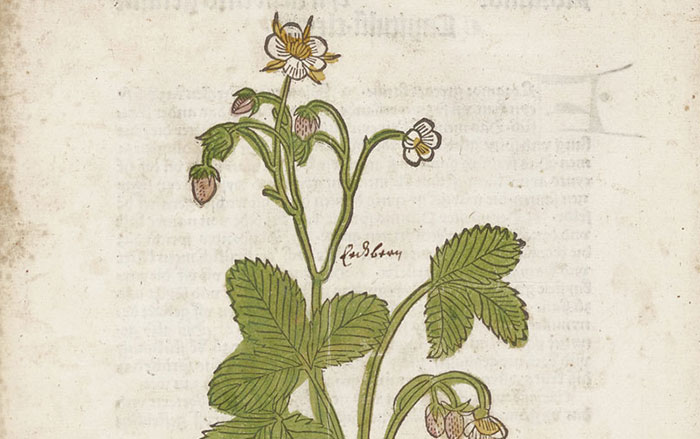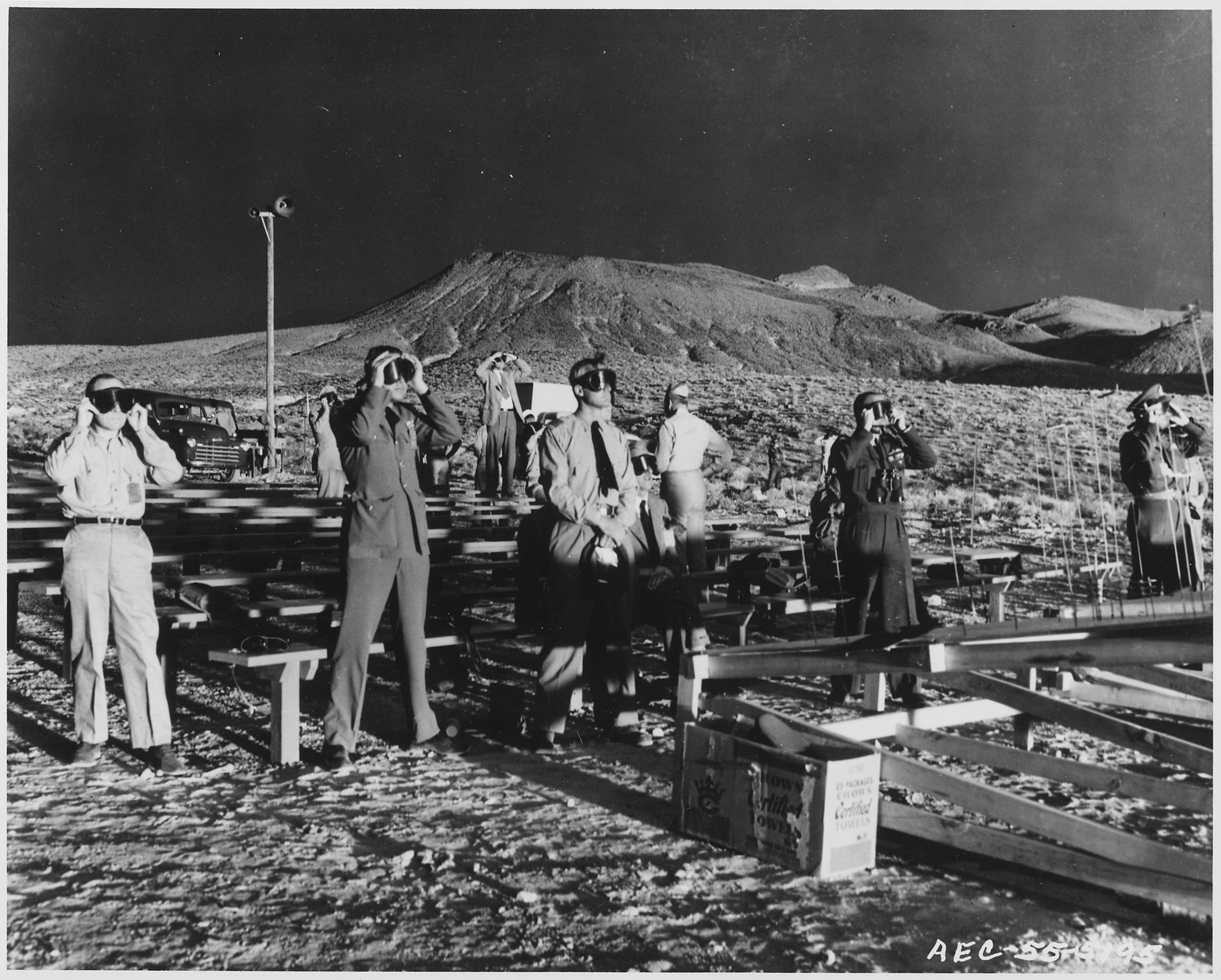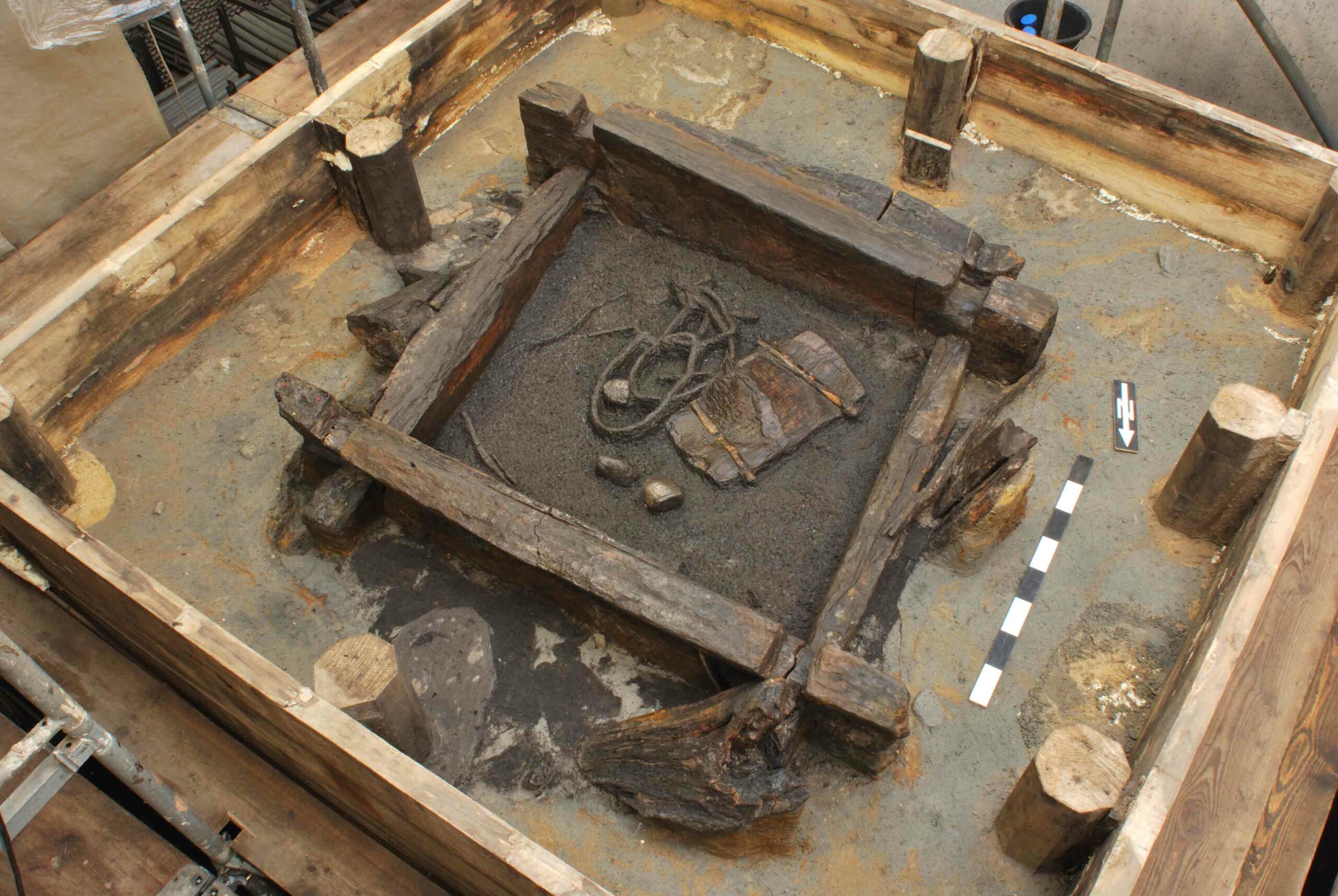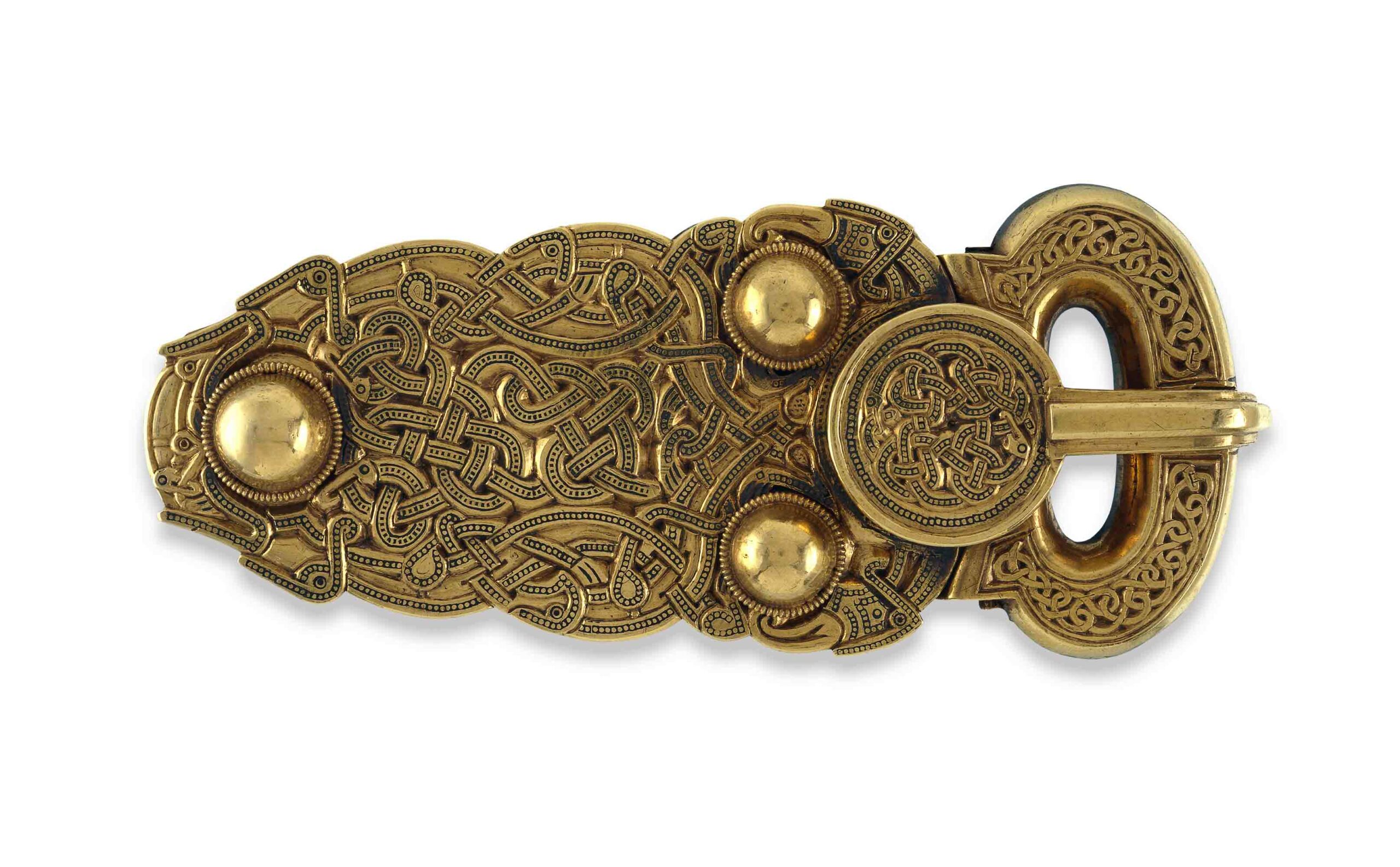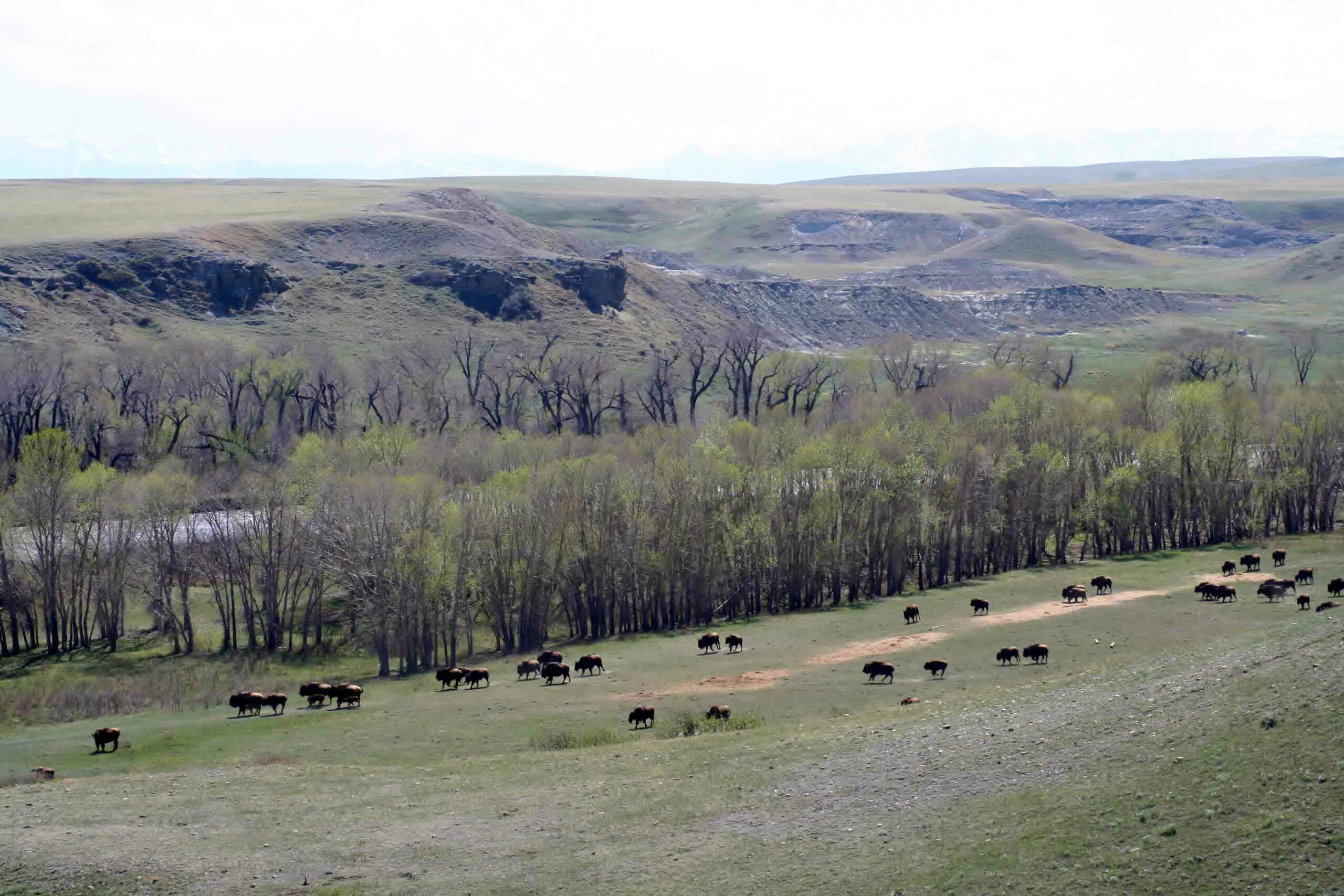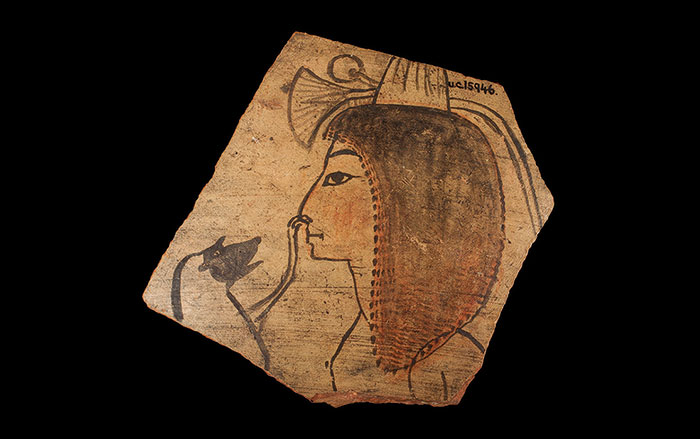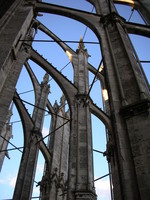
PARIS, FRANCE—A team of French researchers from the Laboratoire archéomatériaux et prévision de l’altération, the Laboratoire de mesure du carbone 14, and the Université Paris 8, has extracted carbon from the iron used to support Gothic cathedrals, and used radiocarbon dating and archaeological evidence to determine that such reinforcements had been implemented in the initial phase of construction. It had been thought that metal reinforcements were added during later modifications or repairs to the stone structures. Up until Europe’s Middle Ages, iron ore was smelted in furnaces powered by charcoal, and as its carbon was released, some of it was trapped in the metal. The new technique can zero in on this carbon for dating purposes. For example, the metallic tie-rods supporting the flying buttresses on the Gothic cathedral in Beauvais have been dated to the beginning of its construction, in the mid-thirteenth century. Graffiti on the flying buttresses dates to the eighteenth century, and it had been thought that the metal may have been added at that time. The cathedral choir in Bourges is supported by an iron chain that dates to the late twelfth century, the time of its construction. The chain, however, skirts a group of columns, while passing under some others, suggesting that it had not been part of the building plan, but had been added as needed by the construction crew. To read about an early medieval cemetery unearthed in France, see "Dark Age Necropolis."


